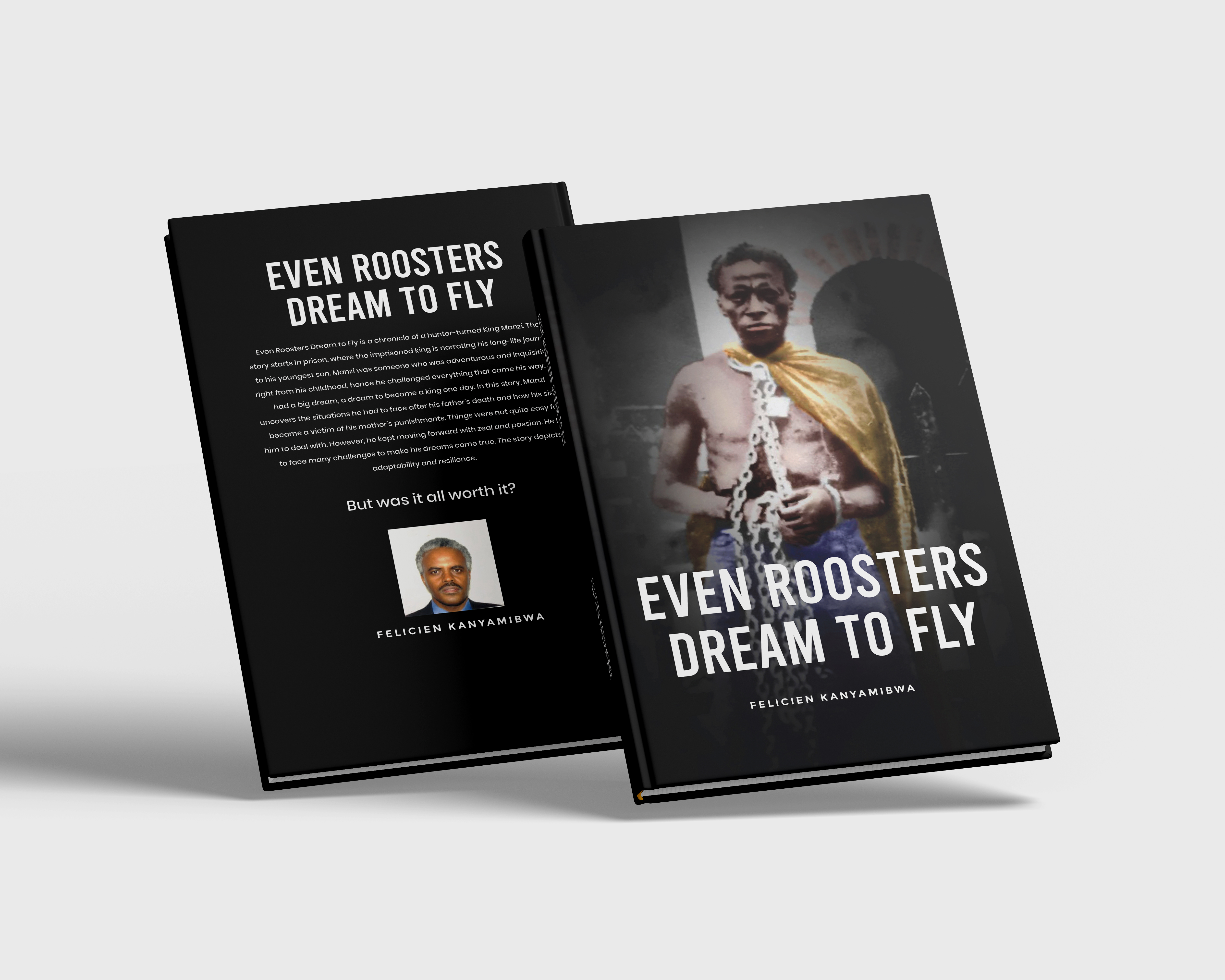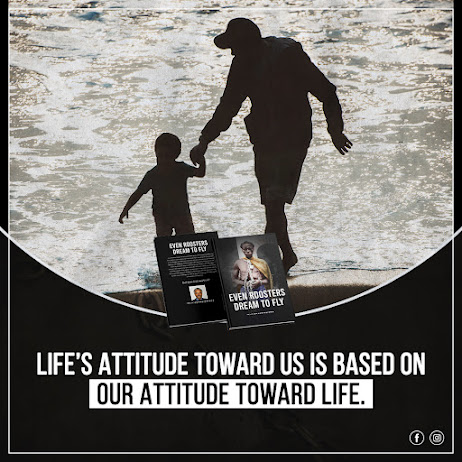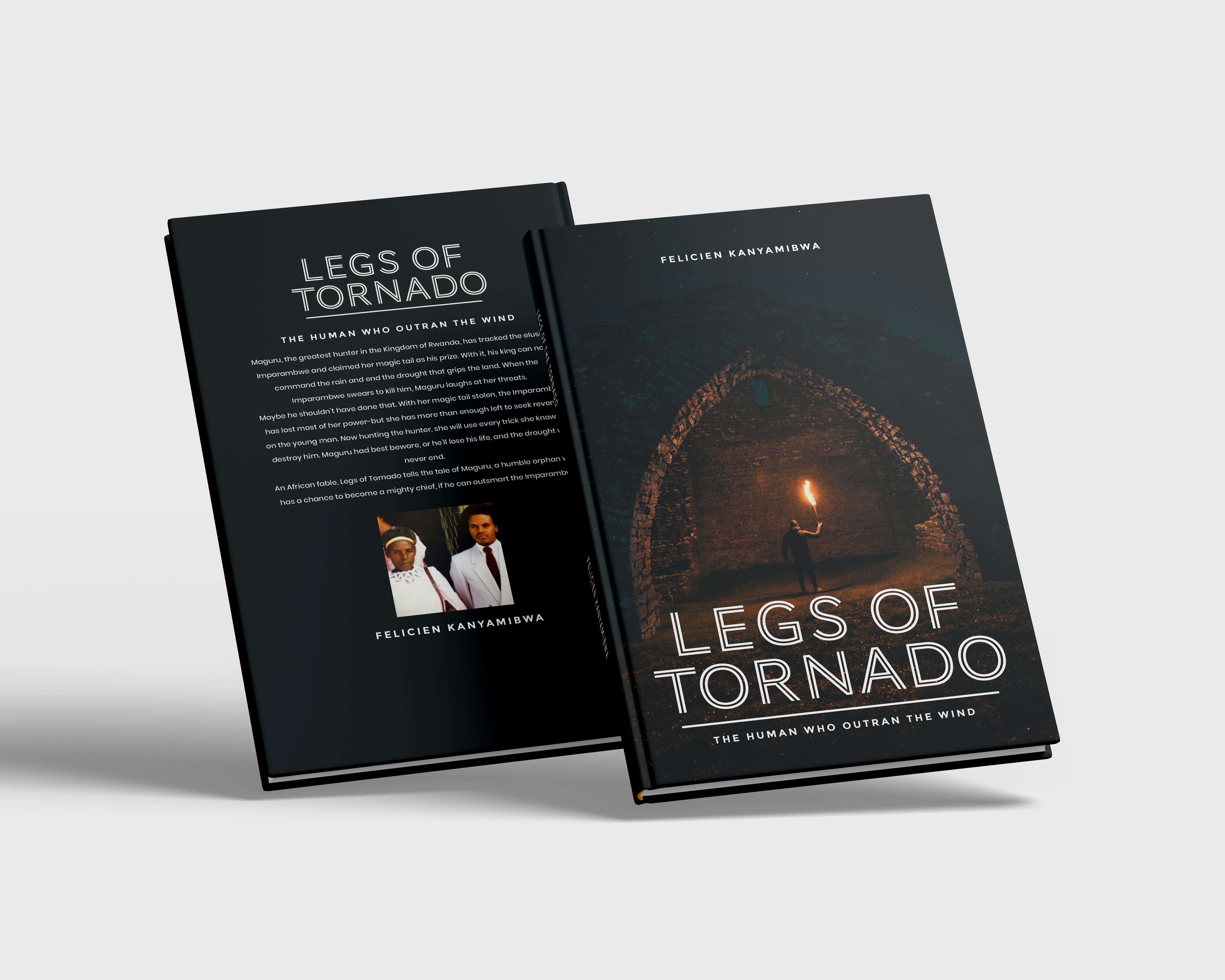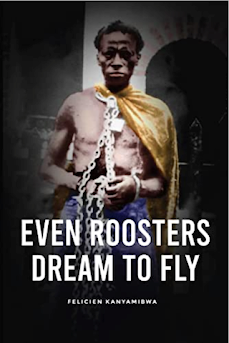“Even Roosters Dream to Fly" by Felicien Aroni Kanyamibwa
Read more: https://www.felicienkanyamibwa.com/A story engraved in twists and conflicts; travel with King Manzi as he reaches the mountain top and hits rock bottom.

From the mind of the American author Felicien Aroni Kanyamibwa emerges a new fictional novel by the name of "Even Roosters Dream to Fly". Felicien takes you on a journey of a hunter-turned King who seeks to tell the story of his life to his son from the bounds of prison. A story woven out of passion, power, and desire for something grand. Felicien, with her abysmal writing style and down-to-earth characters, is here to boost your thirst for adventure.
Even Roosters dream to fly is a tale of a boy who seeks big things in life. His dream is to be the future king and leave behind a legacy. Eyes brimming with passion and a soul ready for action, he conquers his day-to-day challenges and makes a mark for himself in the kingdom. The author comes forth with a message that no matter how much you conquer in life, if you aren’t cautious enough, you will fall to your doom. King Manzi unleashes the threads of his life story on his son in prison so that the coming generation can learn from his mistakes and be well aware of their actions and the consequences tied to them.
The author constructs a life-like protagonist who takes the readers on a journey of his rise turned demise, how he fought with bulls and hunted vicious animals, how he won the hand of the princess and wooed the crowd away, and then suddenly, after obtaining his lifelong achievement, he fell into the trap of Germans, and as a result, his kingdom paid the price.
The narrative that rips open the wound of guilt and takes you into the head of the man who lost everything in a speck of light, how easily manipulated a human mind can be, how mischievous a smile can be, and how heartbreaking the past can be. Be aware of the ones who scorn your presence but be highly cautious of the ones who smile to your face. The novel is a cluster of different themes working side by side drama, family, power, war, passion, guilt, and love are some of the prominent ones,
Skillfully crafted, "Even Roosters Dream to Fly" is the tale regarding the relentless pursuit of the hero who stops at nothing to achieve his destiny, albeit, with each chapter, we see his destiny collapse, reform, and stand in a reflection much different than what he imagined it to be. Hope, loss, and denial, we see our protagonist twist and conform to the environment, transforming himself through each crash of a wave personified in the form of rivalries, friendships, and romance. Similar to the seasons we experience, each chapter brings with it a solstice that calls for different feelings and yearnings for each character. Alas, as for the villains, much can be said without lifting the veil.
The novel Even Roosters dream to fly is now available for purchase in e-book format from Amazon.
Media Contact
Company Name: Book Writing Founders
Contact Person: Daniel Hardy
Email: Send Email
Country: United States
Website: https://www.bookwritingfounders.com/
Read more: https://www.felicienkanyamibwa.com


























